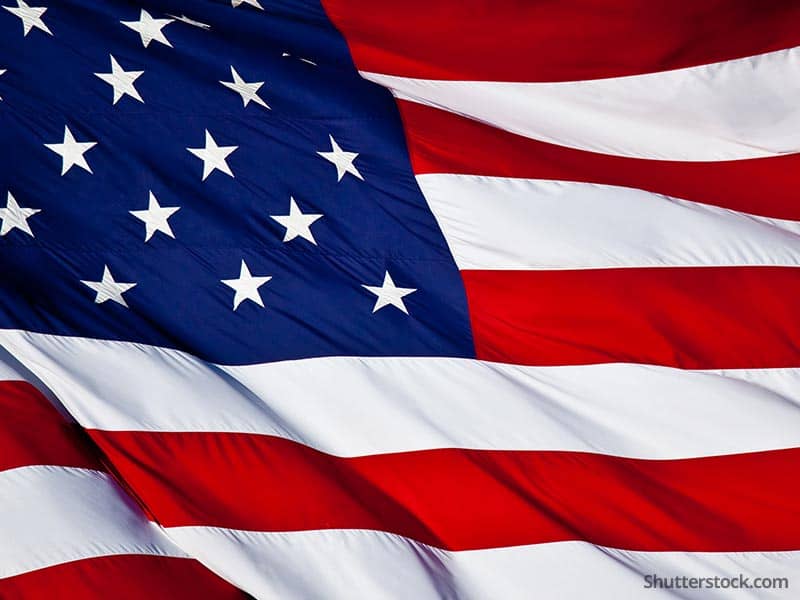NEW YORK, March 22 (AP)--Freeman Dyson, a physicist who has written about the relationship between science and religion, Wednesday won the annual Templeton Prize for Progress in Religion. It is worth $940,000.
``I'm not a theologian. I'm not a saint. So I'm baffled'' at the honor, said the 76-year-old Dyson, emeritus professor of physics at the Institute for Advanced Study in Princeton, N.J.
The prize was established in 1972 by mutual funds entrepreneur John M. Templeton to highlight a field omitted by the Nobel prizes.
Past winners have tended to alternate between scholars, often those involved with science and religion, and better-known activists such as Mother Teresa, Alexander Solzhenitsyn and evangelists Charles Colson and Billy Graham.
The fact that Dyson is religiously unaffiliated was no barrier to selection by the interfaith panel. More surprising is that the relation of religion and science is only a side issue in books Dyson has written for the general public.
It is, however, of lifelong interest of the British-born researcher, who taught himself calculus at 15 and first made his mark at 25 by synthesizing three competing theories in quantum electrodynamics.
In prepared remarks, Dyson said ``religious creationists and scientific materialists are equally dogmatic and insensitive. By their arrogance they bring both science and religion into disrepute. The media exaggerate their numbers and importance.''
Scientists should realize, Dyson said in an interview Tuesday, that ``religion has a much more important role in human destiny than science.'' He thinks both fields should join forces ``to drive the world in the right direction.''
``We ought to take advantage of religion to make science something we can be proud of,'' he said.
He especially wants them to help counteract the gap between the world's rich and poor, and to address perils in biotechnology and human engineering.
In the future, he said, those with money will have the power to control commerce in desirable human genes to give offspring ``all kinds of competitive skills.''
Dyson thinks of himself as a ``follower of Christ,'' but said that ``to me, religion is a way of life, not a belief.'' He is not a church member but attends a Presbyterian congregation in Princeton. His daughter Mia, of Kennebunk, Maine, was ordained a Presbyterian minister last year.
``In this country, churches are the organizations that hold the community together. They help the poor and youth. The music is wonderful, too,'' he said.
Freeman John Dyson is the son of a musician father who was agnostic but played organ in an Anglican church, and a more religious mother who was a lawyer. His only degree is a bachelor's in mathematics from Cambridge.
He first joined the Princeton institute in 1948, working with J. Robert Oppenheimer, and after brief assignments elsewhere returned for good in 1953. He worked on nuclear applications in medicine and space travel but was an opponent of the arms race.
His books include ``Disturbing the Universe'' (1979), nominated for the American Book Award; ``Infinite in All Directions'' (1988), which received the Phi Beta Kappa award in science; ``Imagined Worlds'' (1997) and ``The Sun, the Genome and the Internet'' (1999).
Britain's Prince Philip will bestow the award privately May 9 in London, with a public ceremony May 16 in Washington, D.C.

| Copyright 2000 Associated Press. All rights reserved. This material may not be published, broadcast, rewritten or redistributed. |

Legal Disclaimer - Copyright c2000 - iSyndicate, Inc.

